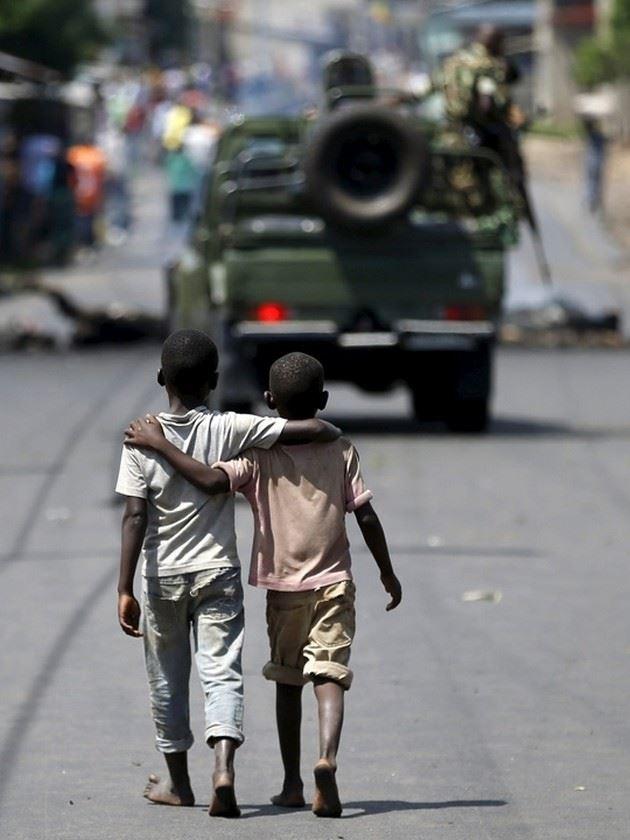
Figure 1.--Here we see two best friends in Bujumbura, Burundi's capital during 2015. |

|
Burundi is a small land-locked country situated at the cultural anf geographic confluence of Central and Eastern Africa, just south of the Equator. The country is surrounded by Rwanda (north), the Congo (west), and Tanzania (east and south). The country occupies a high plateau cut by several deep valleys. It is well watered and includeds highly priductive agricultural land. While land-locked, there is a long border with Lake Tanganyika in the southwest. It is rare in Africa for a single tribe to be so dominant. The fact that Burundi is such a small country and based on a historic kingdom is a factor. Burundi was ruled by a king called the mwani (16th century). The Mwani not only ruled the kingdom. but owned the land. The people worked the land and pay the king a tribute. The Mwani provided provide protection. The population is largely Hutu, a farming people and Burundi's economy is continues to be based on agriculture. Power has, however been largely vested with the Tutu minority. This created a social rift which as in Rwaanda has resulted in terrible violence. The Tutsis have historically controlled the military and much of the economy. Especially important in Burundi where coffee is the major crop is the export trade. While there are ethnic differences between the Hutusand Tutsis, there are very limited cultural differences. The speak a common language -- Rundi (Kirundi). While lingusistic homogenity is common in North Africa where Arabic is spoken, it is not in Sub-Saharan Africa. It is one of many exmples of the close cultural ties between the two tribes. The colonial powers were Germany and Belgium. The Germans seized control (1889), but as a result of World War I (1914-18), power was transfered to Belgium which controlled the much larger neigboring Congo. As a result of the colonial era the country is largely Christian (primarily Roman Catholic), but estimates of religious affiliation vary widely. Burundi was a long-established historic kingdom and one of the few African countries whose borders were not determined by the European colonial powers. Burundi achieved independence as a constitutional democracy let by King Mwambutsa IV (1962). Militaet commnders struggled for power and the country descenced into civil war and ethnic violence. The civil war only ended after after an extended conflict (2006). We have a page on Burundi history. And a page on Burundi schools.
Navigate the Boys' Historical Clothing Web Site:
[Introduction]
[Activities]
[Biographies]
[Chronology]
[Cloth and textiles]
[Clothing styles]
[Countries]
[Topics]
[Bibliographies]
[Contributions]
[FAQs]
[Glossaries]
[Images]
[Links]
[Registration]
[Tools]
[Boys' Clothing Home]
Navigate the Boys' Historical Clothing national pages:
[Return to the Main African page]
[Angola]
[Benin]
[]
[Central African Republic]
[Chad]
[Democratic Republic of the Congo]
[Ethiopia]
[Ghana]
[Ivory Coast]
[Kenya]
[Lessotho]
[Niger]
[Nigeria]
[Rawanda]
[South Sudan]
[Sudan]
[Tanzania]
[Uganda]
